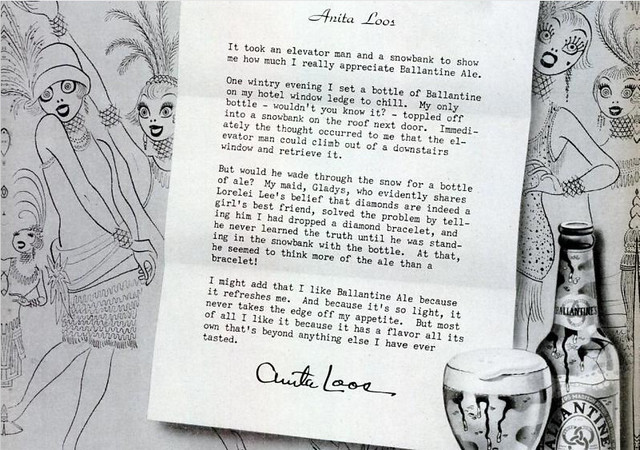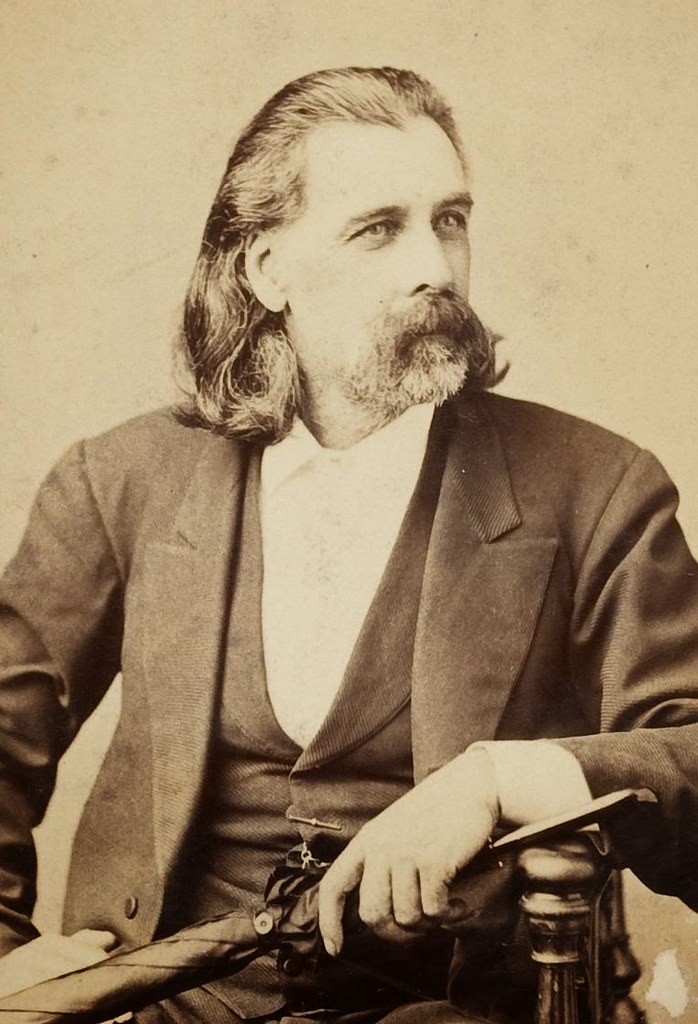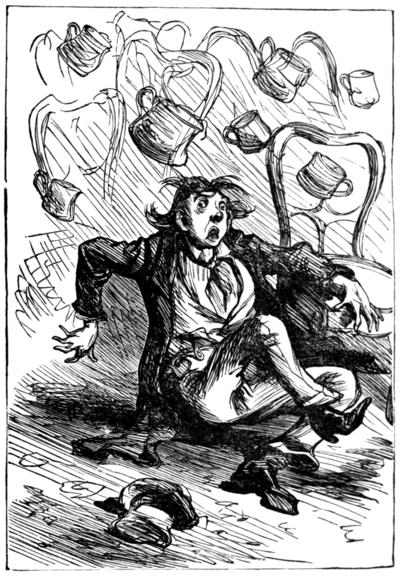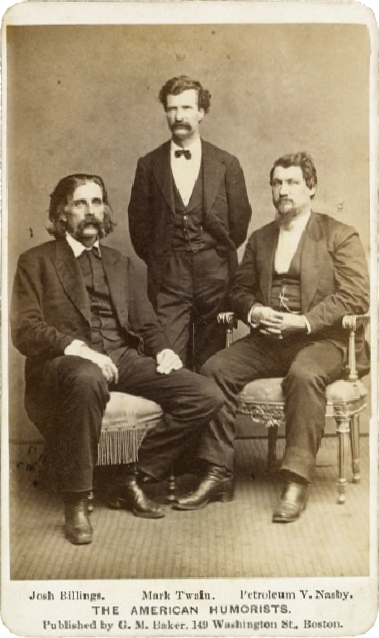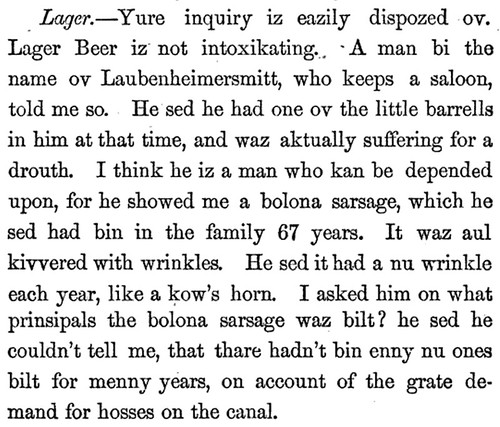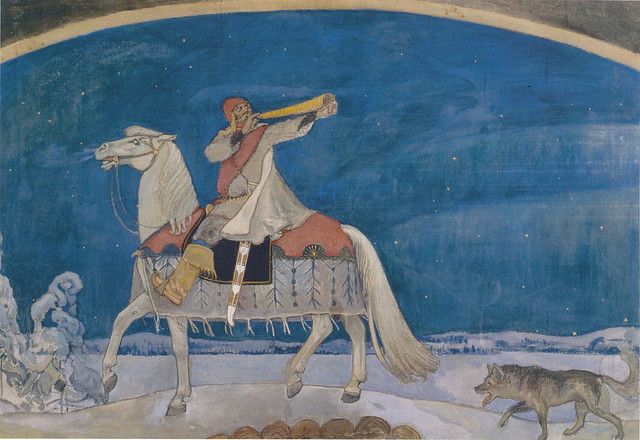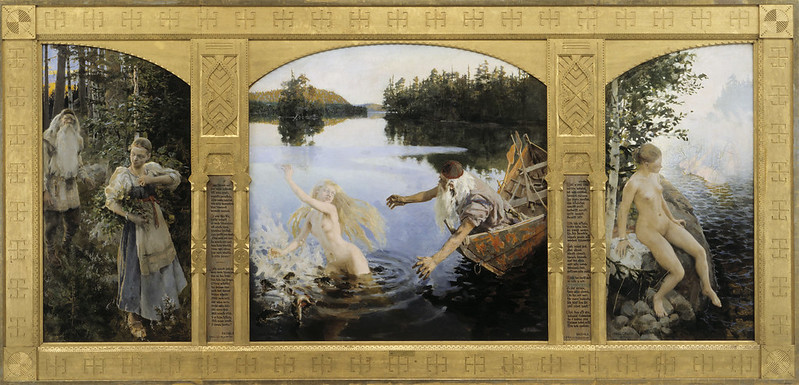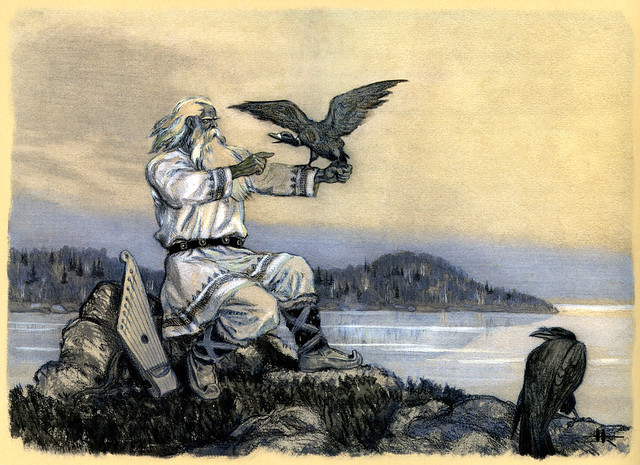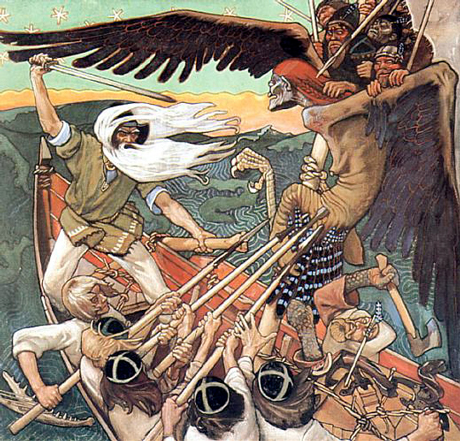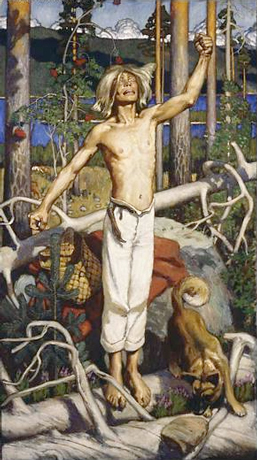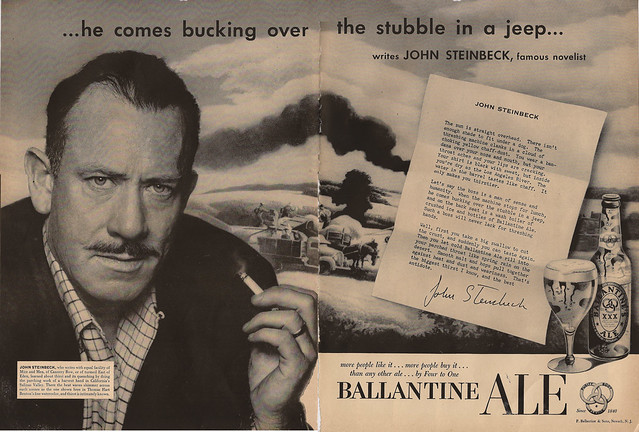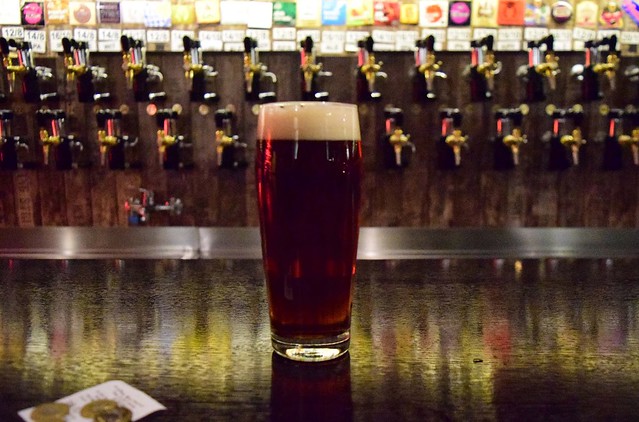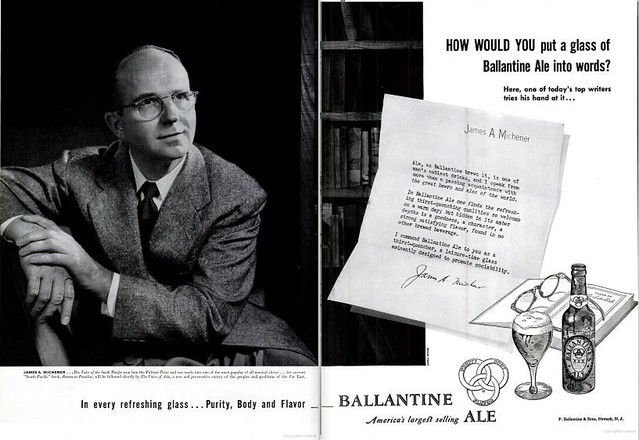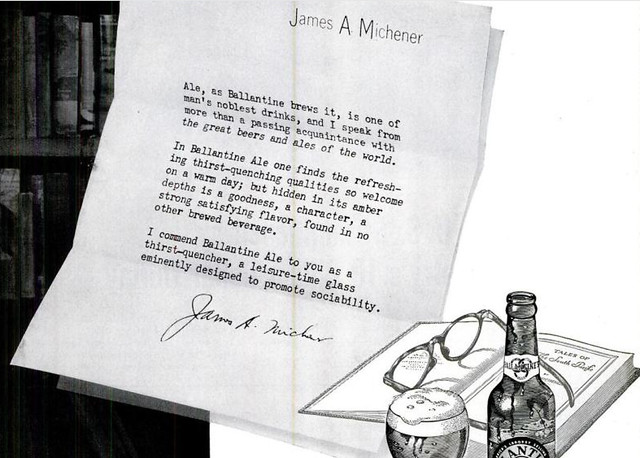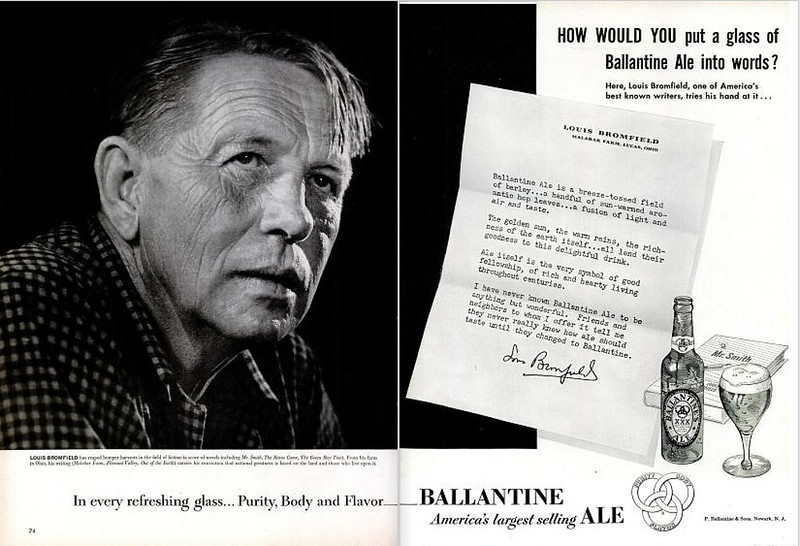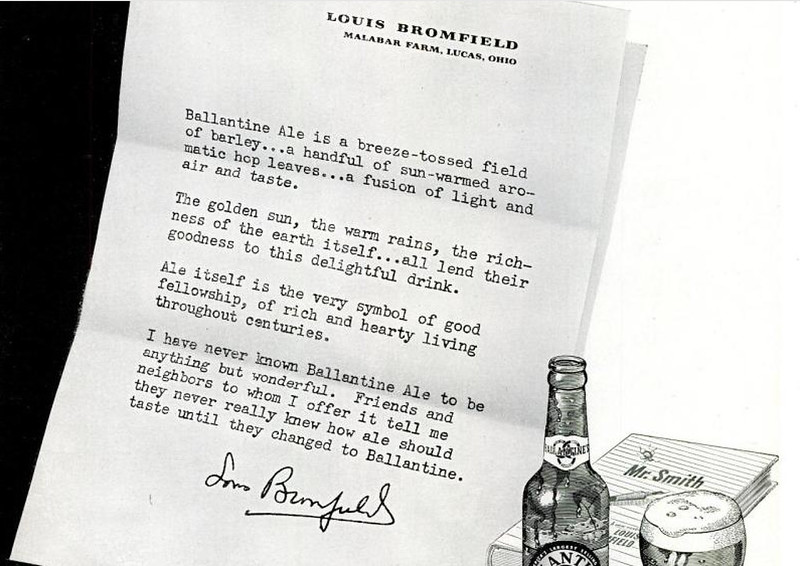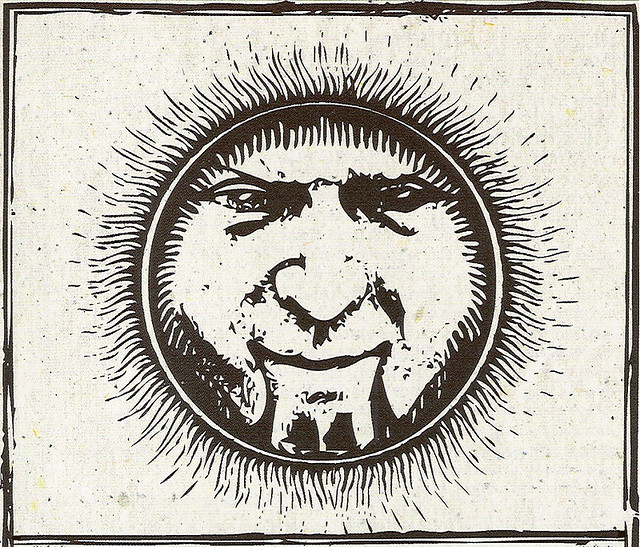![]()
Between 1951 and 1953, P. Ballantine and Sons Brewing Company, or simply Ballentine Beer, created a series of ads with at least thirteen different writers. They asked each one “How would you put a glass of Ballantine Ale into words?” Each author wrote a page that included reference to their beer, and in most cases not subtly. One of them was Anita Loos, who was an American author, best known for her popular book “Gentlemen Prefer Blondes,” was she adapted into a successful film, along with several other well-known screenplays.
Today is the birthday of Anita Loos (April 26, 1889–August 18, 1981), who was “was an American screenwriter, playwright and author, best known for her blockbuster comic novel, Gentlemen Prefer Blondes. She wrote film scripts from 1912, and became arguably the first-ever staff scriptwriter, when D.W. Griffith put her on the payroll at Triangle Film Corporation. She went on to write many of the Douglas Fairbanks films, as well as the stage adaptation of Colette’s Gigi.”

Her 1953 piece for Ballantine was done in the form of a short story about dropping a bottle of beer out her hotel window, somewhere with a cold climate:
It took an elevator man and a snowbank to show me how much I really appreciate Ballantine Ale.
One wintry evening I set a bottle of Ballantine on my hotel window ledge to chill. My only bottle — wouldn’t you know it? — toppled off into a snowbank on the rood next door. Immediately the thought occurred to me that the elevator man could climb out of a downstairs window and retrieve it.
But would he wade through the snow for a bottle of ale? My maid, Gladys, who evidently shares Lorelei Lee’s belief that diamonds are indeed a girl’s best friend, solved the problem by telling him I dropped a diamond bracelet, and he never learned the truth until he was standing in the snowbank with the bottle. At that, he seemed to think more of the ale than a bracelet!
I might add that I like Ballantine Ale because it refreshes me. And because it’s so light, it never takes the edge off my appetite. But most of all I like it because it has a flavor all its own that’s beyond anything else I have ever tasted.
